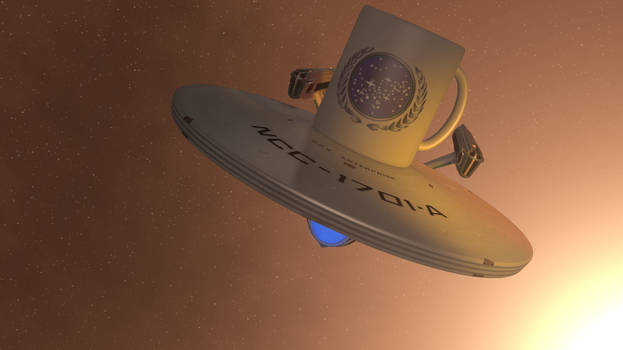I remember from 1989 to 1994, there was a short-lived parody book series based on the franchise as a whole, humorously titled Star Wreck. Here's some of the character breakdowns...
- Captain James T. Smirk, the elder statesman of Starfreak Command.
- Captain Jean-Lucy Ricardo, leading officer of the Starship Endocrine.
- Mr. Smock, the crew's resident scientist who discovers that life-giving substance -- yogurt!
- Counselor Dee Troit, object of Captain Smirk's advances.
- Westerley Flusher, child prodigy and cosmic Twinkie addict.
- Commander Bungeeman Crisco, Dodo, Major Vera Obese, Lieutenant Jazzy Fax, & Dr. Julio Brassiere, all inhabitants of the space station Geek Space Nine.



